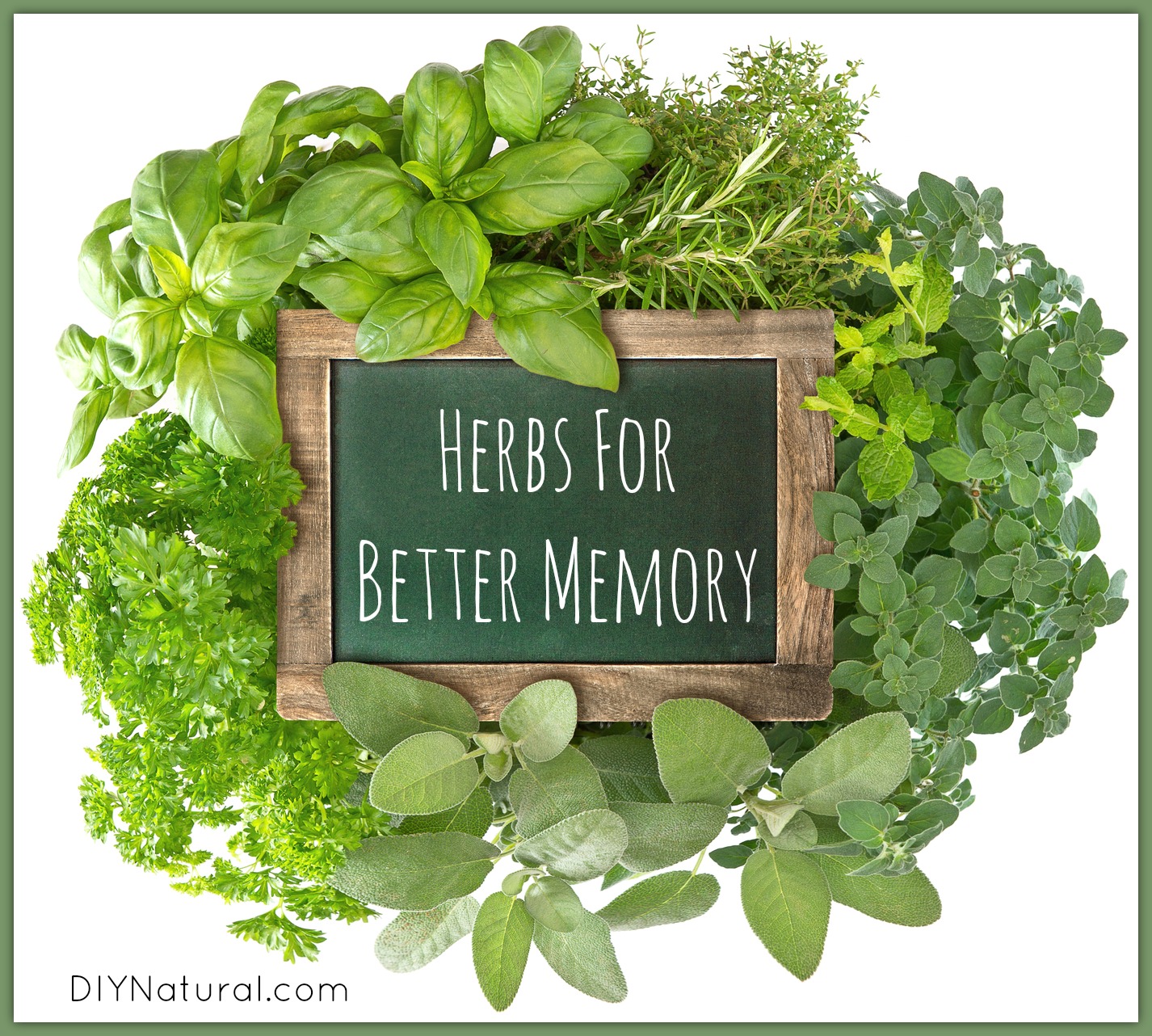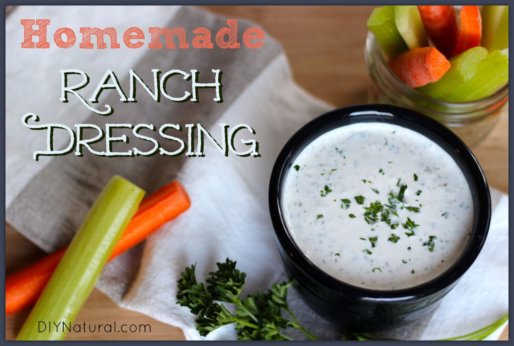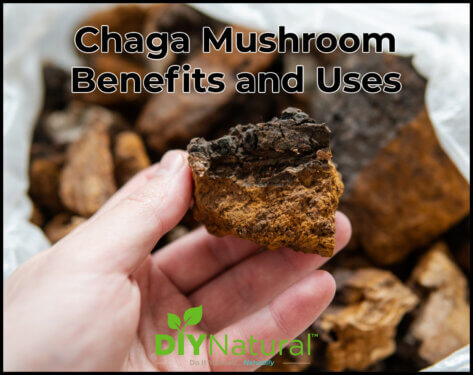
The song we sing at the stroke of midnight on New Year’s was written, or rather captured in time, by the Scottish poet Robert Burns. It appears that “Auld Lang Syne” was part of traditions that pre-dated the writing of the song. From the time of its writing, though, it has been associated with celebrations that took place at the turn of the year.
The song is really a question. Is it right that we should forget old acquaintances and times gone by? Throughout the song as we sing we are warning ourselves and others that while we now look ahead, we would do well to remember long standing friendships and fond times of the past.
Herbs of Remembrance
Herbs have always been used ceremonially and physically for the purpose of increasing memory. Some of them are common to us today and some may come as a surprise:
Rosemary (Rosmarinus officinals)
The herb of remembrance! Rosemary has long been associated with memory and friendship. How appropriate for the new year. Rosemary tea is high in resins that are anti-inflammatory and protective of our brain function.
(Find organic dried rosemary here.)
Sage (Salvia officinalis)
Studies have revealed a benefit from sage consumption associated with memory and mood. It has even been used clinically with alzheimer patients and shown great promise.
(Find organic dried sage here.)
Ginkgo (Ginkgo biloba) and Gotu Kola (Centenella asiatica)
These two herbs are often found in combination in herbal supplements for memory. This is for good memory. They are both specialists at improving blood flow across the blood/brain barrier. When the cells in our brains receive proper blood flow, they are being washed with appropriate levels of oxygen and nutrition. You can imagine how much that can improve our overall cognitive function.
(Find organic ginkgo leaf here and gotu kola here.)
Blueberry (Vaccinium spp.)
The same anthocyanins in blueberry that help protect our eyesight also appear to protect our brain function and improve memory. They appear to be neuroprotective in the way they prevent stress damage to our brains. Cognitive improvements are made with daily intake of blueberry in whatever form you choose.
Green Tea (Camelia sinensis)
The same antioxidant content that is well known for protecting our cardiovascular system appears to be protective for our memory and brain function in general. Keep in mind that there is a caffeine content to green tea, so it is my recommendation that you include other brain food in rotation with green tea consumption. Don’t overdo it.
(Find organic green teas here.)
Bacopa (Bacopa monnieri)
An ayurvedic herb that is somewhat of an adaptogenic tonic for the brain. It appears to reduce the effects of stress on this important part of the nervous system. It has been used to increase learning abilities and clear thinking.
This year I’m making an infused sugar to rim our New Year’s cocktails and practice some “Auld Lang Syne”!
Rosemary Infused Sugar
Ingredients
- fresh rosemary
- granulated sugar (you can do this with salt as well)
Directions
Choose your favorite granulated sugar and layer it and the dried rosemary in alternating layers in a sealable glass container. Put on the lid and leave to sit in a dark closet for 1-2 weeks. When you are ready to use the sugar, simply sift out the rosemary to separate and put the sugar into a permanent storage container.
To Use
To rim a glass, dip it into a small bit of alcohol and allow it to dry for about 10 seconds. Place your sugar on a flat plate and dip the rim of your, now tacky, glass into the plate. This should result in a beautiful glass with an extra kick that will help you remember the good of last year as you celebrate the new one!
Happy New Year! May you remember all the love and friendship of the year before into the new year to come.
*******




Kindly send me the e .mail address of Ms
Dawn Combs
Thanks